Source: Gloria Ross On Pinterest

Source: Gloria Ross on Pinterest
More Posts from Laivonna and Others
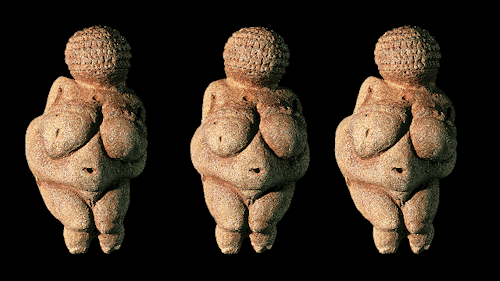
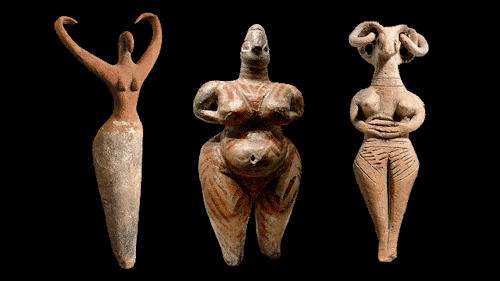
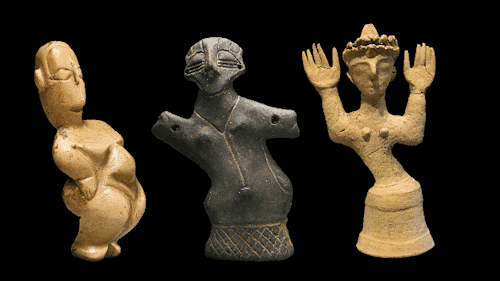
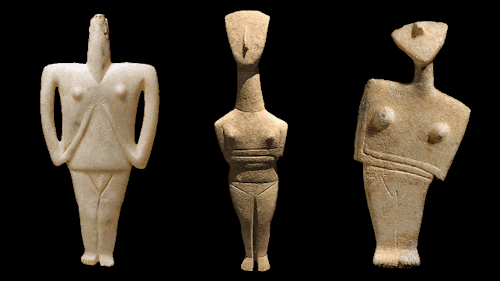
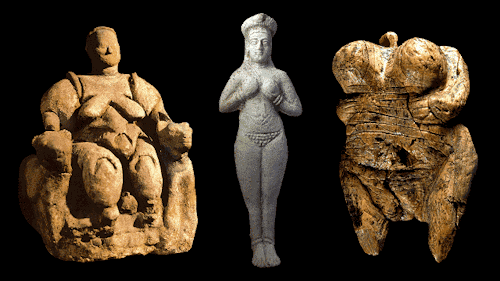
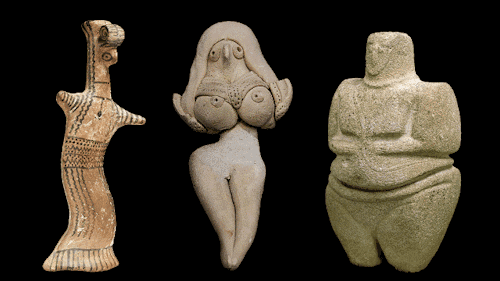
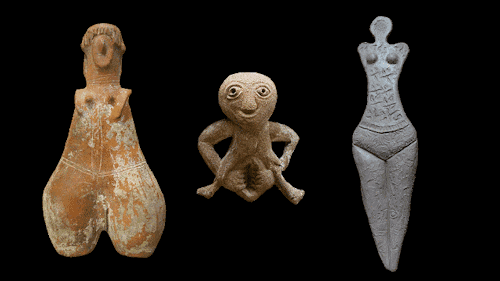
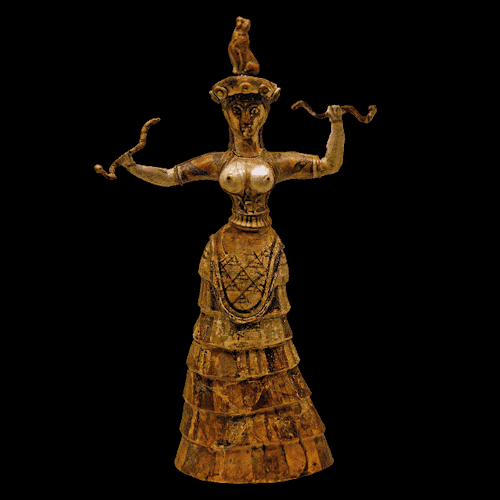
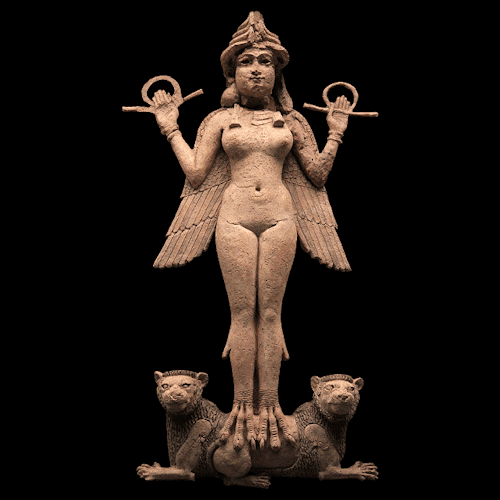
Hola. ¿Tienes algún poema de superación amorosa?
De Alejandra G. Remón



Ordo Virtutum - Marta Dettlaff

Home Sweet Homicide by Walter Stackpool (1959)
“(…)Que sí, que la vida está llena de “te quieros” a una persona que no te quiere porque quiere a alguien que no lo quiere por querer a otro que quiere a alguien más, y así. Menuda mierda. Imagina que todos quisiéramos a alguien que nos quiera de vuelta, qué ideal, la perfección. Pero es que la vida no se da abasto para gustar a todos complaciéndolos. Que nosotros también entramos en esa lista y justo ahora estamos ignorando a alguien que nos guarda en silencio en su corazón, y, siendo serios, eso no nos hace ni un poco criminales…”
— Clara Ajc
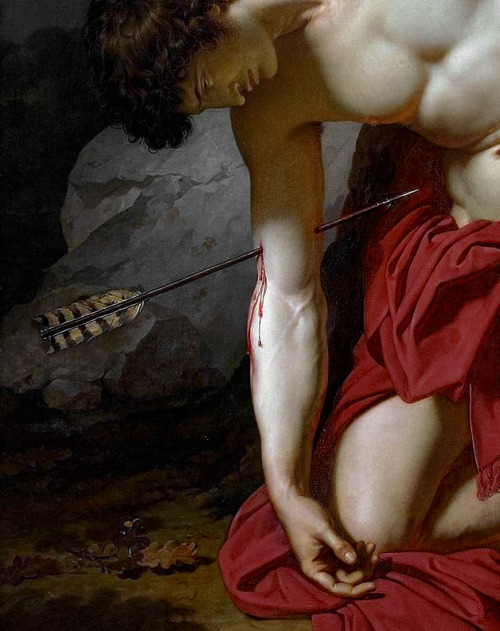
The Dying Saint Sebastian (Detail), 1789. by François-Xavier Fabre (1766-1837)
“Me hiciste sentir luminosa, como si yo tuviera un poder que ni yo misma reconozco, como si dentro de mí estuvieran todas las respuestas, como cuando miras un cuadro y el corazón se estremece entre la felicidad, tristeza y asombro. No puedo privarte de las palabras maravillosas que te salen, sin embargo, yo no me siento como todo eso que tú logras ver en mí. No puedo cortar tus alas, pero no puedo volar contigo, déjame aquí, tengo un montón de pedos en la cabeza, un desmadre constante que me desequilibra, que me derrumba, me arroja cuando creo estar bien y ya tengo suficiente conmigo misma como para soportarlo. Por favor, no romantices la insistencia, escribe un poema que te sane de esto si es necesario. No entiendas nada de lo que te digo como una oportunidad para sanarme, no permitas que tu ego te haga creer que yo estaría mejor de tu lado. Estoy bien, aunque no todo el tiempo me siento suficiente he ido aprendiendo a bastarme con lo que soy.”
— Mágico y ebrio, Quetzal Noah (via quetzalnoah)
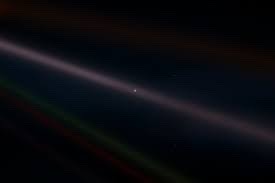
“Look again at that dot. That's here. That's home. That's us. On it everyone you love, everyone you know, everyone you ever heard of, every human being who ever was, lived out their lives. The aggregate of our joy and suffering, thousands of confident religions, ideologies, and economic doctrines, every hunter and forager, every hero and coward, every creator and destroyer of civilization, every king and peasant, every young couple in love, every mother and father, hopeful child, inventor and explorer, every teacher of morals, every corrupt politician, every "superstar," every "supreme leader," every saint and sinner in the history of our species lived there-on a mote of dust suspended in a sunbeam.
The Earth is a very small stage in a vast cosmic arena. Think of the endless cruelties visited by the inhabitants of one corner of this pixel on the scarcely distinguishable inhabitants of some other corner, how frequent their misunderstandings, how eager they are to kill one another, how fervent their hatreds. Think of the rivers of blood spilled by all those generals and emperors so that, in glory and triumph, they could become the momentary masters of a fraction of a dot.
Our posturings, our imagined self-importance, the delusion that we have some privileged position in the Universe, are challenged by this point of pale light. Our planet is a lonely speck in the great enveloping cosmic dark. In our obscurity, in all this vastness, there is no hint that help will come from elsewhere to save us from ourselves.
The Earth is the only world known so far to harbor life. There is nowhere else, at least in the near future, to which our species could migrate. Visit, yes. Settle, not yet. Like it or not, for the moment the Earth is where we make our stand.
It has been said that astronomy is a humbling and character-building experience. There is perhaps no better demonstration of the folly of human conceits than this distant image of our tiny world. To me, it underscores our responsibility to deal more kindly with one another, and to preserve and cherish the pale blue dot, the only home we've ever known.”
Carl Sagan. The photo, taken by the Voyager I in 1990, shows the Earth from nearly 4 billion miles away.
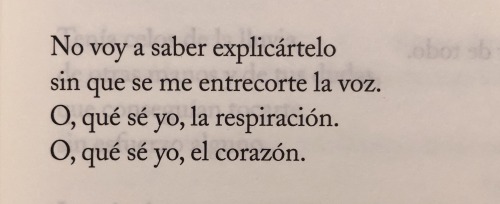
—Anatomía de una bañera, Júlia Peró
-
 romeowho liked this · 2 years ago
romeowho liked this · 2 years ago -
 goddess-in-the-making reblogged this · 2 years ago
goddess-in-the-making reblogged this · 2 years ago -
 prettyboyeric liked this · 3 years ago
prettyboyeric liked this · 3 years ago -
 sisterofreverance liked this · 3 years ago
sisterofreverance liked this · 3 years ago -
 elvenphoenix liked this · 3 years ago
elvenphoenix liked this · 3 years ago -
 simp-council liked this · 3 years ago
simp-council liked this · 3 years ago -
 michellemybell99 liked this · 3 years ago
michellemybell99 liked this · 3 years ago -
 glitteryangell liked this · 3 years ago
glitteryangell liked this · 3 years ago -
 ursapines liked this · 3 years ago
ursapines liked this · 3 years ago -
 nextlevelk reblogged this · 3 years ago
nextlevelk reblogged this · 3 years ago -
 mjimen19 liked this · 3 years ago
mjimen19 liked this · 3 years ago -
 8211997 reblogged this · 3 years ago
8211997 reblogged this · 3 years ago -
 i-darkling liked this · 3 years ago
i-darkling liked this · 3 years ago -
 spacyskyes liked this · 3 years ago
spacyskyes liked this · 3 years ago -
 persephone-ko liked this · 4 years ago
persephone-ko liked this · 4 years ago -
 tacocat-awkwardness liked this · 4 years ago
tacocat-awkwardness liked this · 4 years ago -
 missmombasa liked this · 4 years ago
missmombasa liked this · 4 years ago -
 cremebrulee-69 liked this · 4 years ago
cremebrulee-69 liked this · 4 years ago -
 flavkomarni liked this · 4 years ago
flavkomarni liked this · 4 years ago -
 skinxocare reblogged this · 4 years ago
skinxocare reblogged this · 4 years ago -
 cuddlysnowpaw liked this · 4 years ago
cuddlysnowpaw liked this · 4 years ago -
 notimportantsposts liked this · 4 years ago
notimportantsposts liked this · 4 years ago -
 imoddtree liked this · 4 years ago
imoddtree liked this · 4 years ago -
 soyunpinguino liked this · 4 years ago
soyunpinguino liked this · 4 years ago -
 kimnotpossible liked this · 4 years ago
kimnotpossible liked this · 4 years ago -
 sugarhoneyicedtea23 liked this · 4 years ago
sugarhoneyicedtea23 liked this · 4 years ago -
 warmhug-traveling liked this · 4 years ago
warmhug-traveling liked this · 4 years ago -
 floisoutofthisworld liked this · 4 years ago
floisoutofthisworld liked this · 4 years ago -
 blackfemqueen12 reblogged this · 4 years ago
blackfemqueen12 reblogged this · 4 years ago -
 blackfemqueen12 liked this · 4 years ago
blackfemqueen12 liked this · 4 years ago -
 tenaciousbasketballcowboypickle liked this · 4 years ago
tenaciousbasketballcowboypickle liked this · 4 years ago -
 bells1207 liked this · 4 years ago
bells1207 liked this · 4 years ago -
 startinanewwithuc reblogged this · 4 years ago
startinanewwithuc reblogged this · 4 years ago -
 startinanewwithuc liked this · 4 years ago
startinanewwithuc liked this · 4 years ago -
 theogwitchbitch liked this · 4 years ago
theogwitchbitch liked this · 4 years ago -
 michel-luine liked this · 4 years ago
michel-luine liked this · 4 years ago -
 laivonna reblogged this · 4 years ago
laivonna reblogged this · 4 years ago -
 rainb0wobsidian liked this · 4 years ago
rainb0wobsidian liked this · 4 years ago -
 mydailylifeemotional liked this · 4 years ago
mydailylifeemotional liked this · 4 years ago -
 velvetvelvetvelvet reblogged this · 4 years ago
velvetvelvetvelvet reblogged this · 4 years ago -
 honeybaby-94 liked this · 4 years ago
honeybaby-94 liked this · 4 years ago
